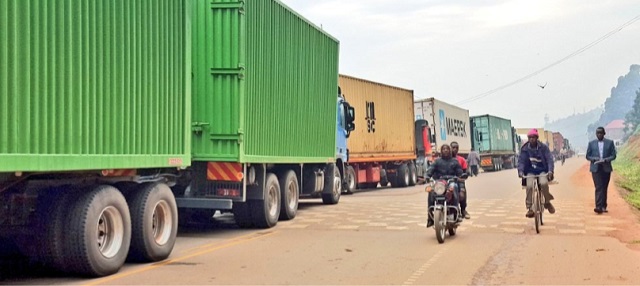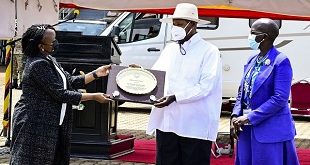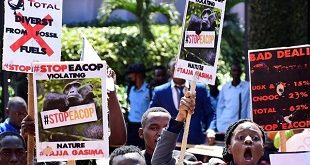
The dark side of African Continental Free Trade Area
Kampala, Uganda | ISAAC KHISA | Africa’s heads of state on March 21, 2018 descended onto the hills of Kigali, Rwanda, to sign the long awaited agreement to create the African Continental Free Trade Area (AfCFTA) that encompasses more than 1.2billion people and more than US$2bn trillion combined in Gross Domestic Product. (GDP)
The dream came nearly 40 years following the Lagos Plan of Action, adopted by heads of state, in 1980, which gave birth to the Abuja Treaty, establishing the African Economic Community as a model and engine for Africa’s integration.
But as negotiation for the African Continental Free Trade Area in which Uganda and the rest of the African countries are set to remove tariffs on 90 per cent of goods and to liberalize services gathers pace, concerns remain on the table on how the continent should steer its development.
This seems to have provoked the Southern and Eastern Africa Trade, Information and Negotiations Institute (SEATINI-Uganda) with its research and think tank arm, Equator School for Alternative Development Model to organise an inaugural conference in Kampala to reignite the debate around alternative theories and paradigms that can shape development policies and practices that will promote sustainable and inclusive development in Africa.
The two-day conference held from Nov.10-11 was supported by the Open Society East Africa, Food Rights Alliance, Tax Justice Africa and Center for Food and Adequate Living Rights Uganda.
Jane Nalunga, the executive director at SEATINI-Uganda revealed during the conference dubbed “Development Crises in Africa: The Quest for Alternatives” that whereas African States have pursued a number of development approaches to the fullest in order to address their development challenges, the results have been rather largely disappointing.
She said to a larger extent, the aforementioned multiple development crises keep engulfing the continent.
“Whereas states have undertaken approaches like liberalisation, with others practising forms of state intervention, these have largely left development in Africa stagnant,” she said.
Nalunga said in Africa, the neoliberalism narrative has been embraced by governments through their private-sector led and driven development policies, plans and actions. And, whenever any government intervention has been made, it has been to protect the rights of the private sector over those of the people and the environment.
“At the social level, under the current liberal economic dispensation, provision of essential social services like education and health has been put in the market place which has made it expensive for majority of the vulnerable population to access such essential social services,” she said.
She said there have been debates and contestations around the ideological underpinning of the development policies that will support the quest for structural transformation, industrialisation and inclusive development in Africa, and that possibly this is the right time for ‘the continent to take its own growth path.’
This comes at the time Africa has been engulfed in multiple development crises from the socio-economic and environmental aspect including; primary commodity export dependence thus the limited share of global trade, premature de-industrialisation, the technological crisis, unemployment and indebtedness.
Though there has been a number of development initiatives and strategies at both global and continental level such as the “Agenda 2063: The Africa We Want,” Programme for Infrastructure Development in Africa (PIDA); Accelerated Industrial Development of Africa (AIDA); Africa Mining Vision (AMV); the Framework for Boosting Intra-African Trade in Agricultural Commodities and Services; and Comprehensive Africa Agriculture Development Programme (CAADP) to solve these crisis, less action is seen on the ground.
Similarly, the free market fundamentalism of the World Bank and International Monetary Fund (IMF) has had a disastrous impact on Africa’s development contrary to the stated aims of the Structural Adjustment Programmes and digital economy for Africa which from the perspective of development broadly understood as involving economic growth, structural change, and elimination of poverty.
Julius Kiiza, associate professor of political economy at Makerere University said African countries ‘sleep walked’ into the AfCFTA and that it is recipe for disaster.
He said the African free trade area will benefit only few countries such as South Africa and Egypt and the rest will be left to struggle to catch-up or be dwarfed economically as their markets flood with cheap products.
 The Independent Uganda: You get the Truth we Pay the Price
The Independent Uganda: You get the Truth we Pay the Price


